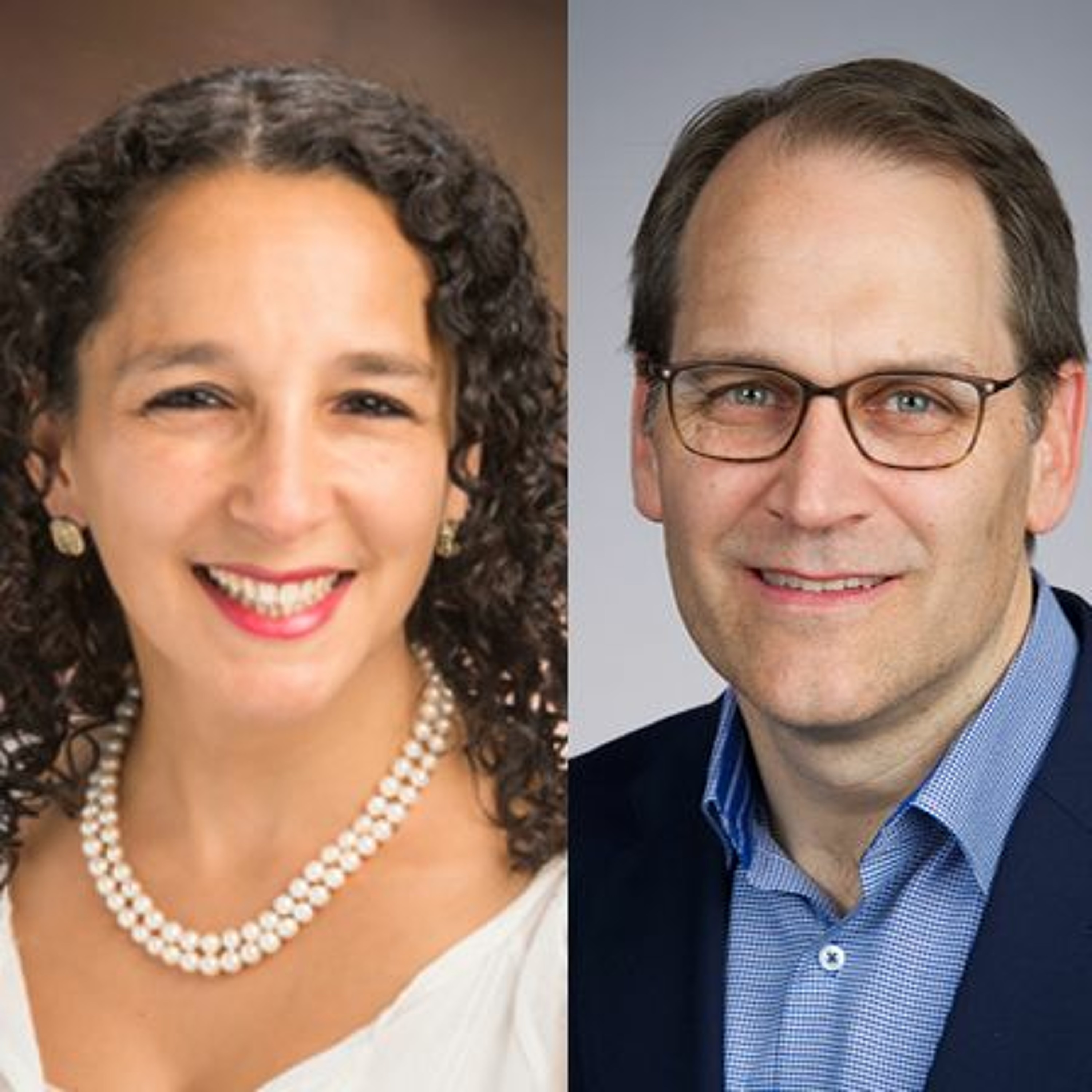Maximizing what's learned from clinical trials in children

The St. Baldrick's Foundation, the largest charitable funder of childhood cancer research grants, and the American Cancer Society, a health organization dedicated to eliminating cancer, formed a partnership in 2019 to fund grants that will accelerate childhood cancer research with the goals of understanding and discovering new treatment options and improving care and survival in children with cancer. \n\nKathleen Ruddy, St. Baldrick\u2019s Foundation CEO, joined the podcast to talk through the goals of this unique partnership. \u201cWhy do some patients respond better than others to a particular treatment? Why does one treatment cause more late effects than another? What else can we learn to speed up progress, to cure more children, more effectively, and less harshly?\u201d\n\nThen two of the grantees who have been funded through the partnership talked about what they hope to accomplish. \n\nYael P. Moss\xe9, MD, is Associate Professor of Pediatrics at the University of Pennsylvania and Director of the Neuroblastoma Developmental Therapeutics Program, as well as a pediatric oncologist at The Children's Hospital of Philadelphia. Dr. Moss\xe9\u2019s grant is focused on improving patient outcomes for ALK mutant neuroblastoma through precision molecular targeting.\n\nE. Anders Kolb, MD, is Vice Chairman for Research and Professor in the Department of Pediatrics at Sidney Kimmel Medical College at Thomas Jefferson University, as well as Director of the Nemours Center for Cancer and Blood Disorders at Nemours/Alfred I. duPont Hospital for Children. Dr. Kolb\u2019s study aims to validate the detection of novel biomarkers for the Pediatric Acute Leukemia (PedAL) Initiative Sub-trials.\n\n0:00 \u2013 Kathleen Ruddy, CEO of St. Baldrick\u2019s Foundation\n\n10:25 \u2013 Yael P. Moss\xe9, MD, and E. Anders Kolb, MD\n\n11:29 \u2013 Drs. Moss\xe9 and Kolb on why, \u201cin pediatric cancer care, clinical trial participation is the standard of care\u201d\n\n13:31 \u2013 Dr. Moss\xe9 on how her team is \u201cbringing the science to the patient\u201d to learn how children with neuroblastoma respond (or don\u2019t respond) to treatments\n\n15:57 \u2013 Dr. Kolb on why it\u2019s so important, and challenging, to bring precision medicine approaches to childhood cancer treatment\n\n18:37 \u2013Dr. Moss\xe9 explains the goal \u201cto bring the science to the clinical trials in real time and not for there to be a lag\u201d\n\n21:38 \u2013 Dr. Kolb highlights how revolutionary it is for Dr. Moss\xe9 to change a clinical trial based on data emerging in the lab\n\n23:26 \u2013 Dr. Kolb explains how \u201cthe AML that kids get is nothing like the AML that older adults get\u201d and why this matters for drug development\n\n27:43 \u2013 \u201cWe as pediatricians are taught early on,\u201d notes Dr. Moss\xe9, \u201cthat kids are not small adults, and it really is the same for pediatric cancer.\u201d \n\n30:17 \u2013 Dr. Kolb on the inspiration he drew from an initiative by St. Baldrick\u2019s Foundation called Project:EveryChild, and describes his new study: \u201cwhat we hope is that we will be as successful in relapse as we have been in newly diagnosed AML\u201d\n\n32:25 \u2013 Dr. Moss\xe9 on the value of collecting tissue over time, including at relapse, and how a major part of her new study is using liquid biopsies to collect samples in a less invasive way \n\n34:43 \u2013 Dr. Kolb on the impact of this funding: \u201cIf we\u2019re successful, we\u2019re going to be able to rapidly screen for relevant biomarkers and we\u2019re going to be able to enroll kids in the therapy that has the highest potential to provide benefit.\u201d\n\n37:46 \u2013 Dr. Moss\xe9 describes how this funding will support her research: \u201cMy hope and my expectation is to make a really big difference for a small subset of patients. I think that\u2019s where cancer biology has turned now\u2014one disease is not defined by its histology; it\u2019s defined by its underlying molecular biology.\u201d\n\n40:29 \u2013 A message they\u2019d like to share with children going through cancer treatment and with their parents and families